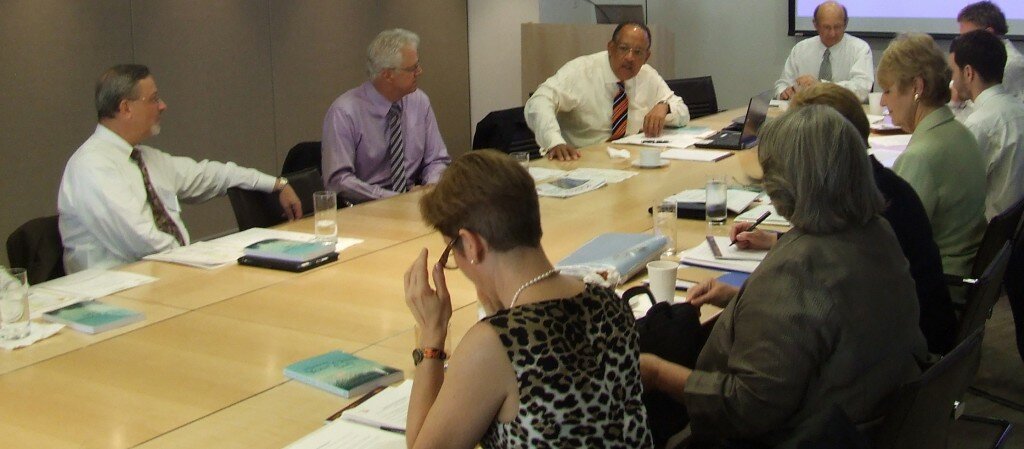Faith Leader Summit: C-TAC Perspectives
On March 23 2012 C-TAC hosted a diverse group of leaders from the traditions of Islam, Judaism, and Christianity to explore partnerships in improving care for people living with advanced illness. The discussion – ranging from dignity and justice in caring for the elderly to care models at work in the interfaith community – laid an excellent foundation for the work of C-TAC’s faith-based initiative moving forward.
You can find out more about participants’ thoughts on the day and the initiative below.
Richard Payne, MD, Professor of Medicine and Divinity, Duke Institute for Care at the End of Life.
The Faith Leader summit was designed to be a meeting of a group of faith leaders, health care providers, and other stakeholders to come to see if there is space within C-TAC’s mission and vision that embraces social justice, faith, and making the moral case for having better advanced illness management. I realized that to truly transform advanced illness, we needed to ground this transformation in communities — and faith communities can be a huge part of this.
I was particularly excited that we had these faith community leaders and health care providers who lead or work in faith based institutions. 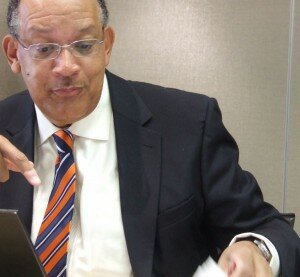 And as the meeting progressed, that they really affirmed the mission, the basic mission, of C-TAC. That they really saw a vital role for faith communities to support the work of C-TAC. And that they saw that there could be a real role, to have people who working in faith communities, to integrate and to really, not only support other activities in C-TAC, but to infuse a perspective of faith communities in C-TAC that would actually strengthen the whole organization.
And as the meeting progressed, that they really affirmed the mission, the basic mission, of C-TAC. That they really saw a vital role for faith communities to support the work of C-TAC. And that they saw that there could be a real role, to have people who working in faith communities, to integrate and to really, not only support other activities in C-TAC, but to infuse a perspective of faith communities in C-TAC that would actually strengthen the whole organization.
Going forward there was agreement that a successful faith based initiative would mean that there is broad understanding and recognition of the goals of C-TAC in communities, generally, and within faith communities as part of general communities. That we (C-TAC) are producing materials and resources for people in faith communities to help them understand health care options — keeping to that core principle that, when we’re talking about individuals facing advanced illness, we have to be talking about individuals who are body, mind, and spirit. And that there are resources in faith communities that need to be brought to bear in helping to meet these needs.
Cynda Rushton, PhD, RN, FAAN, Co-Chair, C-TAC Professional Education Workgroup, and Professor, Nursing & Pediatrics, Berman Institute of Bioethics, Johns Hopkins University
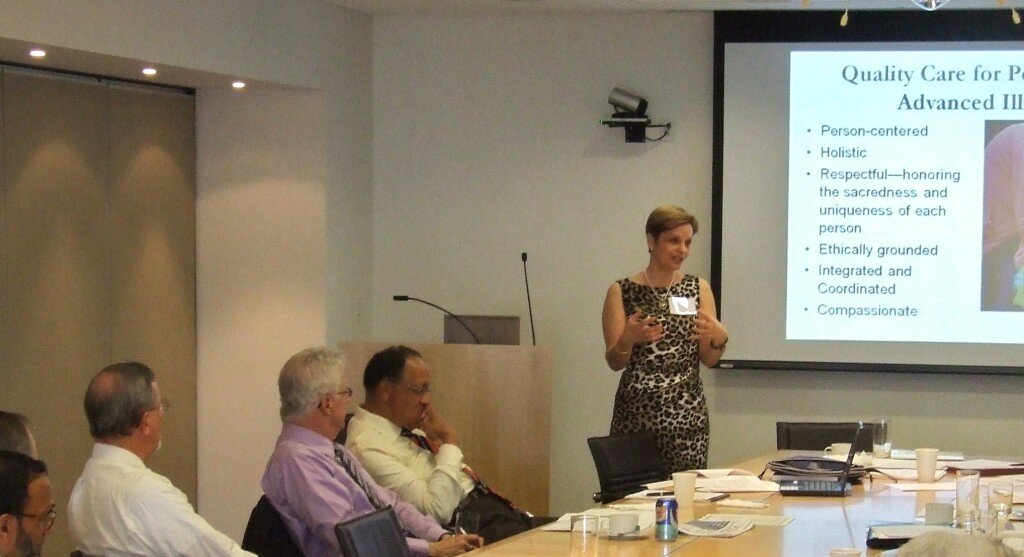 The Faith Leaders Summit today was really an opportunity to integrate the idea of spirituality into the C-TAC agenda. I think there’s no question that the very best care for people with advanced illness is a holistic approach, and the part that’s often been missing is the spiritual aspect of care.
The Faith Leaders Summit today was really an opportunity to integrate the idea of spirituality into the C-TAC agenda. I think there’s no question that the very best care for people with advanced illness is a holistic approach, and the part that’s often been missing is the spiritual aspect of care.
We had such incredible conversations. There was a sense of urgency. There was a sense of synergy among everyone about their commitment to holistic care but, in particular, to amplify the spiritual aspect of what we do, whether it’s in the clinical model, whether it’s in education, our public policy, or community engagement. But it’s a thread that actually ties all of those groups together.
Brad Stuart, MD, Co-Chair, C-TAC Clinical Models Workgroup, and Chief Medical Officer, Sutter Health.
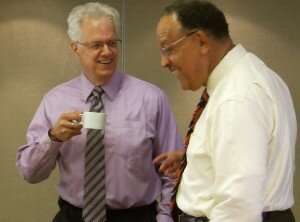 When we –the medical community — talk about “patient” and “person” centered care, we don’t always do a good job of recognizing that during serious illness that people can face deep spiritual concerns. These concerns and the person’s spiritual values have to be drawn out and woven into their care plan.
When we –the medical community — talk about “patient” and “person” centered care, we don’t always do a good job of recognizing that during serious illness that people can face deep spiritual concerns. These concerns and the person’s spiritual values have to be drawn out and woven into their care plan.
Clinicians could learn and benefit a lot from partnering with religious leaders in developing plans with the ill person and their family. This would go a long way in ensuring that people living with serious, advanced illness receive the care they need and want.
Tom Koutsoumpas, Co-Chair, C-TAC, and Executive Director, Mintz Levin Center for Health Law and Policy
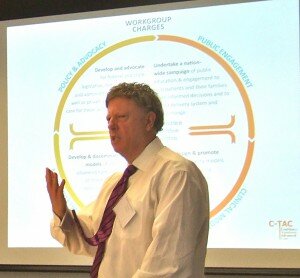 We had a fantastic day at the Summit. I think it was interesting that as people were leaving the meeting, a number of them said it was one of the best days and meetings that they’d had. And given the group and the prestigious work that they’ve done over the course of years, it was heartening to see their passion and understand their commitment to this.
We had a fantastic day at the Summit. I think it was interesting that as people were leaving the meeting, a number of them said it was one of the best days and meetings that they’d had. And given the group and the prestigious work that they’ve done over the course of years, it was heartening to see their passion and understand their commitment to this.
It’s so important as we look at creating better care delivery — particularly for the elderly with multiple chronic illness — that we look at spiritual and emotional support for the ill person and their family caregivers. I think certainly having spiritual support, having the faith-based support from their local faith leaders is quite critical and important.
Having the faith community as partners in the development of C-TAC’s new model of care is going to be critical going forward. The agreement from participants that this initiative is worth their time and effort and focus unequivocally is really exciting.
To read the perspectives of the faith leader participants, please click here. To find out more about the InterFaith Workgroup, its work within C-TAC, and how you can become involved, please email: [email protected].

